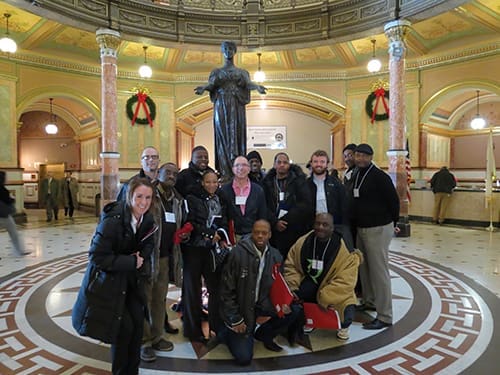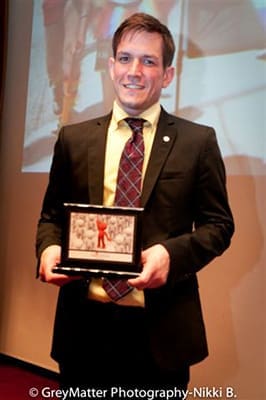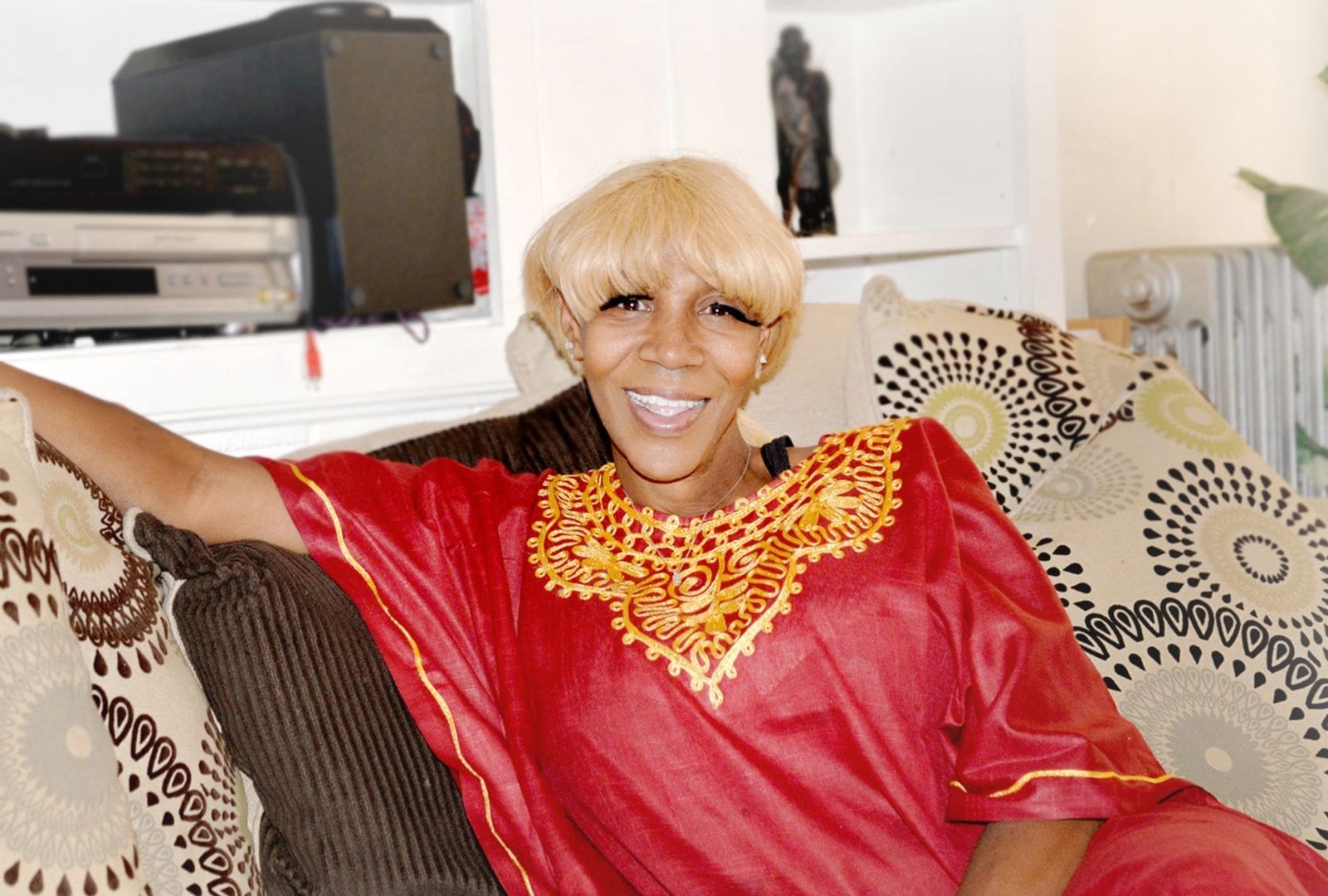It’s time to seize the unique opportunity of ending the AIDS epidemic, an opportunity afforded by recent medical advances. But first, there are obstacles to HIV prevention justice to overcome.
How exactly can that be done? Hashing that out is one objective of the inaugural HIV Prevention Justice Leadership Assembly in Chicago today, a day before the United States Conference on AIDS officially begins.
Julie Davids is the coordinator for the HIV Prevention Justice Alliance. She’s also the director of organizing and mobilization for the AIDS Foundation of Chicago.
Davids recently took the time to answer a few questions about the leadership assembly and HIV prevention justice. Here’s a transcript of that conversation.
Inside Story: What do you hope is accomplished by this leadership assembly?
Julie Davids: We’re in the midst of an exciting process of working across our network of nearly 13,000 members to figure out how we are going to move forward to elevate HIV prevention justice in 2012. We’ve just concluded an online survey of our members about our ideas, priorities and strategies, and now those of us who are able to be in Chicago this week will meet in person to shape plans for advocacy and mobilization ifor the next year and beyond. We’re thinking about campaigns on mass imprisonment and criminalization, LGBTQ rights and liberation, and economic justice, as well as federal HIV prevention policy – and we’re looking at exciting opportunities like the Occupy Together movement that have people talking about the unjust conditions that further the epidemic in our country.
IS: What are the most pressing challenges today in terms of HIV prevention justice?
JD: So many of us have a clear and compelling vision of a more just world, and we are ready to fight for it – but we are also faced with the challenges of day-to-day life as people living with HIV and/or providers and others who are struggling to do more and more with less and less in these times of stark economic inequalities and funding cuts. We need to make sure we are as strategic and efficient as possible— so we can use what limited time and resources we have as effectively as we can to win the changes we need.
IS: Where do you see LGBTQ rights most compromised?
JD: That’s a tough question, because in the HIV prevention justice movement, we see many factors as intersecting, not separate and ranked.
But it may be that LGBTQ rights are most compromised by some of these things: racial injustice; the economic marginalization of people of color, transgender and gender-non-conforming people; criminalization of increasing numbers of people — from those living with HIV, to immigrants, to people in poverty; and deep indifference to the true realities of young people who need more to survive than being told it’ll get better.
IS: What is the big story that’s being missed by the mainstream media?
JD: New research shows that treatment can decrease HIV transmission by 96%, even as the promise of health care reform would extend treatment access to nearly all living with HIV in the United States. But key social drivers – including poverty, mass imprisonment and criminalization, barriers to LGBTQ rights and liberation, and housing gaps — fuel the epidemic in our country and remain unchecked. Which way are we going to go – towards ending the epidemic, by ensuring health care and economic justice for all, or by letting this opportunity slip away and subjecting the next generation to high rates of HIV and ongoing inequality?
To find out more about the HIV Prevention Justice Alliance, check out the website at www.preventionjustice.org



